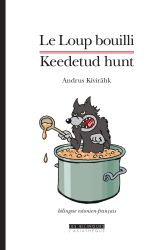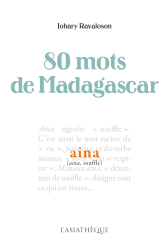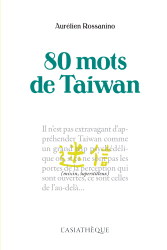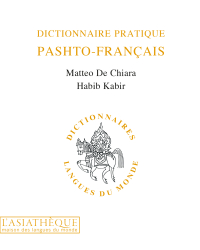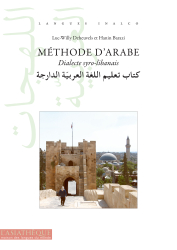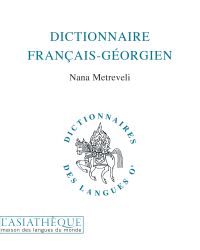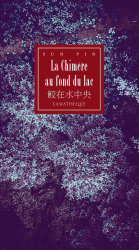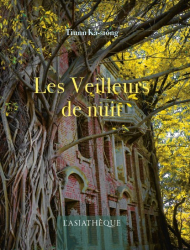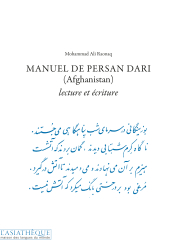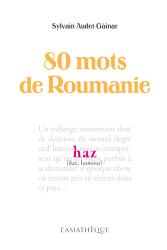The work presented here, entitled Le Cri de la pierre, is the fusion in a single volume of two works: Le Rocher et la peine and Le Cri de la pierre, published at the Asiathèque, respectively in 1997 and 1998. It is the autobiography of an eminent Palestinian woman of letters now disappeared, a moving story of a life journey in the troubled Palestine of Twentieth century. Fadwa Touqan talks about her childhood and adolescence locked in the rigidity of family rules and the emergence of his vocation as a poet. With the help of his brother, great poet Ibrahim Touqan, she will manage to conquer personal freedom and express his solidarity with his torn people. The story of Fadwa Touqan, who has been running since he was young years until the turn of the century, speaks of his suffering and his hope for lasting peace. She also mentions his friends – Palestinian and Israeli – and the testimonies of understanding and support she received. Numerous prizes have been awarded to his work, which resonates today with particular force. This autobiography by Fadwa Touqan benefits from a new introduction by its translators, Joséphine Lama and Benoît Tadié. He has was chosen to give it the name of the second part of the original work in order to put emphasizing the tragic hours experienced by the Palestinian people.
PRESS REVIEW
Fadwa Touqan, a poet from Palestine
Palestinian poetry in resistance
(...) This new poetry is from the outset a literature of resistance, expressed in free verse, freed from the constraints of classical prosody, as a metaphor for revolutionary aspiration. (...)
The women's question and Palestine at the heart.
CONTRIBUTORS' BIOGRAPHIES
Fadwa Touqan

Fadwa Tuqan (born in Nablus in 1917 and died in the same city in 2003) is one of the great female voices of Palestinian poetry. In her poems of struggle (such as “The Martyrs of the Intifada”), she evokes the suffering of her people and the harshness of the occupation. Her memoirs allow us to follow her from her childhood, stifled by patriarchal rules, to her years as an activist, when she strove to serve the Palestinian cause through her encounters and her widely recognized literary work.
Benoît Tadié

Benoît Tadié is a lecturer in English and American literature at the University of Paris III-Sorbonne Nouvelle. His research focuses on three areas: the American detective novel, Anglo-American modernist journals (from 1900 to 1939 approximately) and the work of James Joyce.


